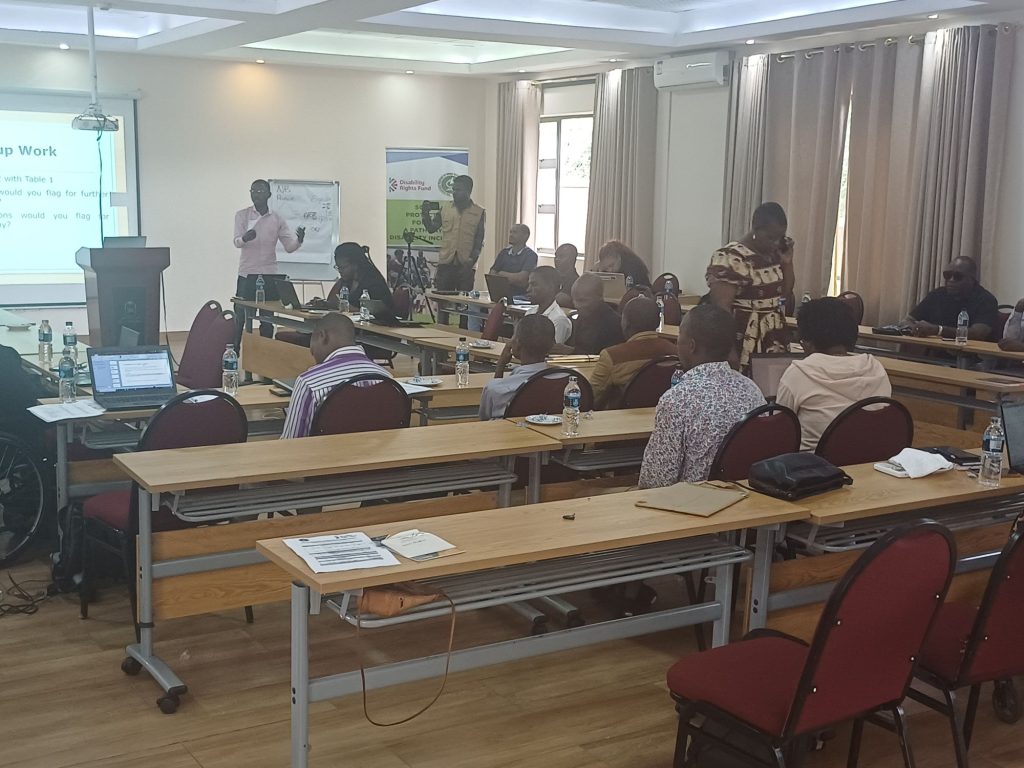
Questions Raised Over Disability and Gender Ministry Merger
By Kassim Kajosolo
Several organisations representing persons with disabilities have raised concerns over the integration of the Department of Disability into the Ministry of Gender.
Eather Mbite, Executive Director of Voice of Women with Disabilities, argued that disability issues are being overlooked, as the ministry tends to prioritise gender-related matters.
“There is no tangible action when it comes to addressing disability issues, as the focus remains largely on gender,” Mbite said.
She also questioned the disparity in funding between the Department of Disability and the broader Ministry of Gender.
“I asked a question: why are we under the Ministry of Gender? I feel the ministry lacks passion for disability. Out of the K800 billion allocated to the Ministry of Gender, the Department of Disability received only K7 billion, which is not sufficient. I believe having a separate ministry would make it easier for us to track our budgets,” she added.
Mbite was speaking on the sidelines of a budget tracking training held by the Malawi Economic Justice Network (MEJN), organised in partnership with the Spinal Injuries Association of Malawi (SIAM).
MEJN Executive Director and training facilitator, Bertha Lipipa Phiri, explained that the workshop aimed to equip leaders of disability-focused organisations with the skills to understand policies and engage in effective advocacy.
“We wanted them to understand disability advocacy policies at national, regional, and global levels. This will help them better appreciate the government’s commitment to uplifting the lives of persons with disabilities and the various programmes designed for them,” Phiri said.
She urged organisations to use their training to advocate for more equitable budget allocations through careful monitoring and tracking.
Meanwhile, the Spinal Injuries Association of Malawi has encouraged disability organisations to pay close attention to national budget deliberations and critically analyse allocations meant for disability-related initiatives.
SIAM Executive Director Bylon Kondowe noted that many organisations still lack the capacity to engage in budget advocacy related to disability.
“We’ve now learnt that budget tracking starts well before the budget is presented in Parliament. It begins at the policy and consultation stages and continues beyond presentation,” said Kondowe.
He added that participants were also trained to monitor budgets within their own organisations, at local council level, and in national allocations through various government departments.
More than 20 executive directors from organisations supporting persons with different disabilities took part in the training, which was funded by the Disability Rights Fund.



